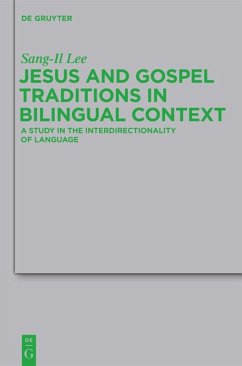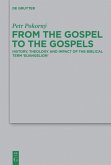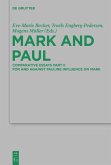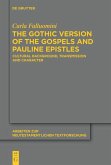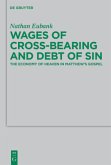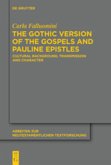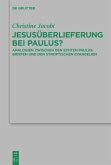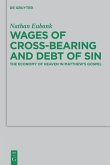Most historical Jesus and Gospel scholars have supposed three hypotheses of unidirectionality: geographically, the more Judaeo-Palestinian, the earlier; modally, the more oral, the earlier; and linguistically, the more Aramaized, the earlier. These are based on the chronological assumption of'the earlier, the more original'. These four long-held hypotheses have been applied as authenticity criteria. However, this book proposes that linguistic milieus of 1st-century Palestine and the Roman Near East were bilingual in Greek and vernacular languages and that the earliest church in Jerusalem was a bilingual Christian community. The study of bilingualism blurs the lines between each of the temporal dichotomies. The bilingual approach undermines unidirectional assumptions prevalent among Gospels and Acts scholarship with regard to the major issues of source criticism, textual criticism, form criticism, redaction criticism, literary criticism, the Synoptic Problem, the Historical Jesus, provenances of the Gospels and Acts, the development of Christological titles and the development of early Christianity. There is a need for New Testament studies to rethink the major issues from the perspective of the interdirectionality theory based on bilingualism.

